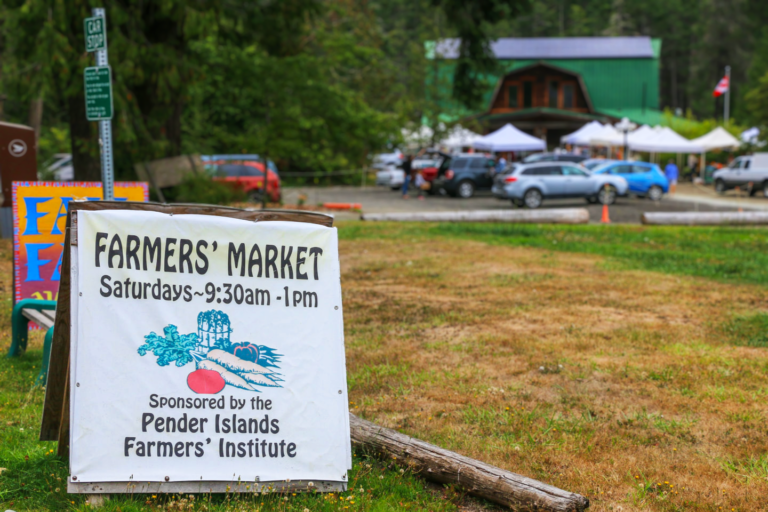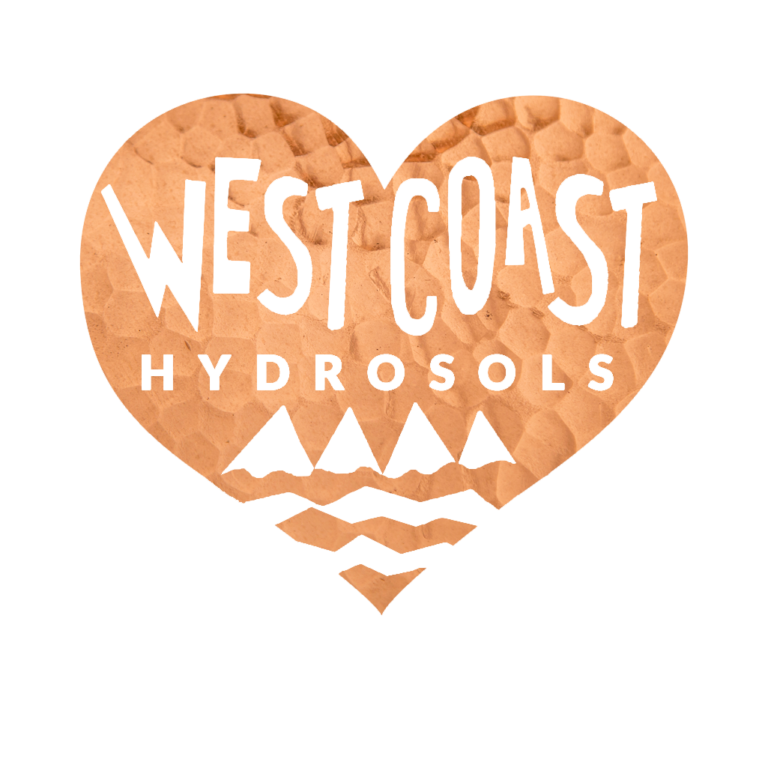
The Joy of Farmers Markets
The Joy of Farmers Markets Farmers markets, particularly those on the Gulf Islands, embody a spirit of joy and community rarely found elsewhere. Engaging with
How can you spot real hand-made local botanicals in a world filled with fakes?
In the Pacific Northwest, on a remote island, we’ve spent almost ten years mastering the art of crafting plant-based remedies. Our days are a whirlwind of tasks: tending, picking, foraging, distilling, and meticulously labeling our bottles. With all these duties, there’s hardly time for the sales pitch, let alone explaining the depth of our work.
Our mission was simple: create a sustainable business that leaves no scars on our island’s natural beauty. Self-reliance was our motto. But now, we face a new challenge that’s infiltrated the farmers’ markets and small businesses we once cherished.
Among genuine artisans, there are impostors masquerading as craftsmen. They sell essential oils, soaps, and bath bombs, not made by their hands but churned out in distant factories. These items are repackaged with “homemade” labels, courtesy of home printers. They’ve perfected the art of deception, passing off their goods as handmade at craft fairs, hiding behind the guise of small-scale production.
These savvy entrepreneurs use the farmers’ market spirit to shield their deceit and greed. They profit from a false story, selling a tale of hands-on craftsmanship far from reality. This is jarring, especially when compared to the true intentions of market-goers. Early risers with baskets aren’t there because they have no other options. They’re there to support local, small-scale artisans and invest in a community that values the personal touch of the creator.
In a world where “greenwashing” infiltrates even grassroots gatherings, one question remains: does making a product by hand still hold its value? For us, in our daily botanical dance, it’s not just a method; it’s a philosophy – a commitment to authenticity, sustainability, and community, qualities becoming scarce in a world drifting towards superficial mass-production.
We’re here to equip you with a handy set of questions to help you steer clear of counterfeit homemade goods. When you’re considering a botanical-based business, these questions are your trusty litmus test. If they’re the real deal, crafting their own products from scratch, they’ll pass these questions with flying colors!
For example, just take a look online, and you’ll see how many companies don’t actually make what they sell. Many imitation products flood online marketplaces like Amazon, making it harder than ever to find the genuine article. Don’t fall for the fakes – use these questions to separate the real artisans from the impostors!
These questions can help you uncover the depth of any business’s involvement in the sourcing, growing, and processing of their botanical ingredients, helping you discern whether they are truly producing their own products or simply repackaging items from elsewhere.
Happy Misting!

The Joy of Farmers Markets Farmers markets, particularly those on the Gulf Islands, embody a spirit of joy and community rarely found elsewhere. Engaging with

How Our Logo Became More Than Just Branding I recently read an article about the importance of logos for businesses, and it got me thinking

Welcome to WordPress. This is your first post. Edit or delete it, then start writing!

Freshness isn’t just a word for us; it’s our very important promise we make to you, our very important customer.
Our Guarantee To You
If you order a bottle from us and for any reason think it is not as fresh as we tell you it is, you can return it to us and we’ll send you a replacement at no cost.